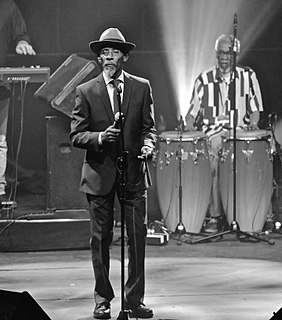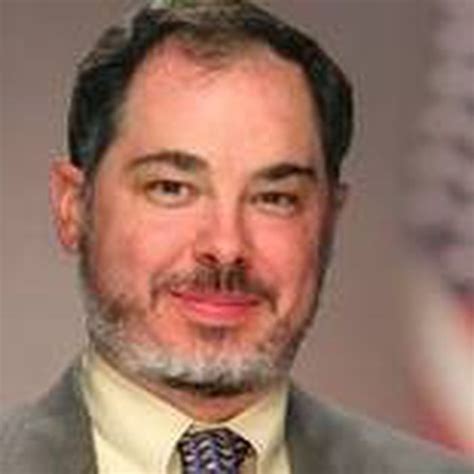A Quote by Herbert Marcuse
Dialectical logic undoes the abstractions of formal logic and of transcendental philosophy, but it also denies the concreteness of immediate experience. To the extent to which this experience comes to rest with the things as they appear and happen to be, it is a limited and even false experience. It attains its truth if it has freed itself from the deceptive objectivity which conceals the factors behind the facts - that is, if it understands its world as a historical universe, in which the established facts are the work of the historical practice of man.
Related Quotes
Dialectical thought understands the critical tension between "is" and "ought" first as an ontological condition, pertaining to the structure of Being itself. However, the recognition of this state of Being its theory intends from the beginning a concrete practice. Seen in the light of a truth which appears in them falsified or denied, the given facts themselves appear false and negative.
....the popular music of Jamaica, the music of the people, is an essentially experiential music, not merely in the sense that the people experience the music, but also in the sense that the music is true to the historical experience, that the music reflects the historical experience. It is the spiritual expression of the historical experience of the Afro-Jamaican.
The strongest wish of a vast number of earnest men and women to-day is for a basis of religious belief which shall rest, not upon tradition or external authority or historical evidence, but upon the ascertainable facts of human experience. The craving for immediacy, which we have seen to be characteristic of all mysticism, now takes the form of a desire to establish the validity of the God-consciousness as a normal part of the healthy inner life.
I end with a word on the new symbols which I have employed. Most writers on logic strongly object to all symbols. ... I should advise the reader not to make up his mind on this point until he has well weighed two facts which nobody disputes, both separately and in connexion. First, logic is the only science which has made no progress since the revival of letters; secondly, logic is the only science which has produced no growth of symbols.
Where these reduced (operational - E.W.) concepts govern the analysis of the human reality, individual or social, mental or material, they arrive at a false concreteness - a concreteness isolated from the conditions which constitute its reality. In this context, the operational treatment of the concept assumes a political function. The individual and his behavior are analyzed in a therapeutic sense - adjustment to his society. Thought and expression, theory and practice are to be brought in line with the facts of his existence without leaving room for the conceptual critique of these facts.
In the form of the oeuvre, the actual circumstances are placed in another dimension where the given reality shows itself as that which it is. Thus it tells the truth about itself; its language ceases to be that of deception, ignorance, and submission. Fiction calls the facts by their name and their reign collapses; fiction subverts everyday experience and shows it to be mutilated and false.
There is no learned man but will confess be hath much profited by reading controversies,--his senses awakened, his judgment sharpened, and the truth which he holds firmly established. If then it be profitable for him to read, why should it not at least be tolerable and free for his adversary to write? In logic they teach that contraries laid together, more evidently appear; it follows then, that all controversy being permitted, falsehood will appear more false, and truth the more true; which must needs conduce much to the general confirmation of an implicit truth.
Conclusions which are merely verbal cannot bear fruit, only those do which are based on demonstrated fact. For affirmation and talk are deceptive and treacherous. Wherefore one must hold fast to facts in generalizations also, and occupy oneself with facts persistently, if one is to acquire that ready and infallible habit which we call "the art of medicine".
The totality of our so-called knowledge or beliefs, from the most casual matters of geography and history to the profoundest laws of atomic physics or even of pure mathematics and logic, is a man-made fabric which impinges on experience only along the edges. Or, to change the figure, total science is like a field of force whose boundary conditions are experience.
Mysticism, according to its historical and psychological definitions, is the direct intuition or experience of God; and a mystic is a person who has, to a greater or less degree, such a direct experience -- one whose religion and life are centered, not merely on an accepted belief or practice, but on that which the person regards as first hand personal knowledge.






































